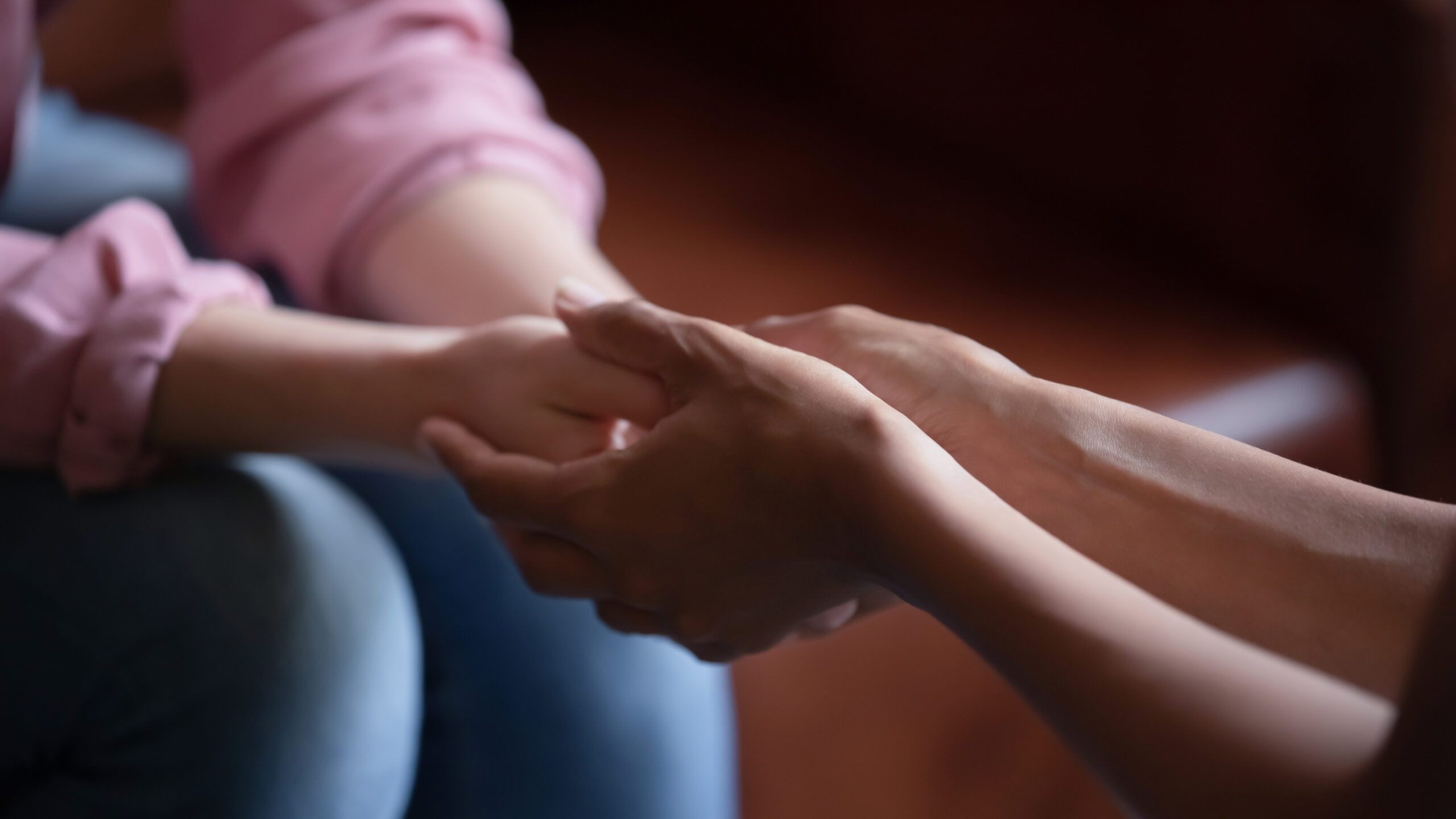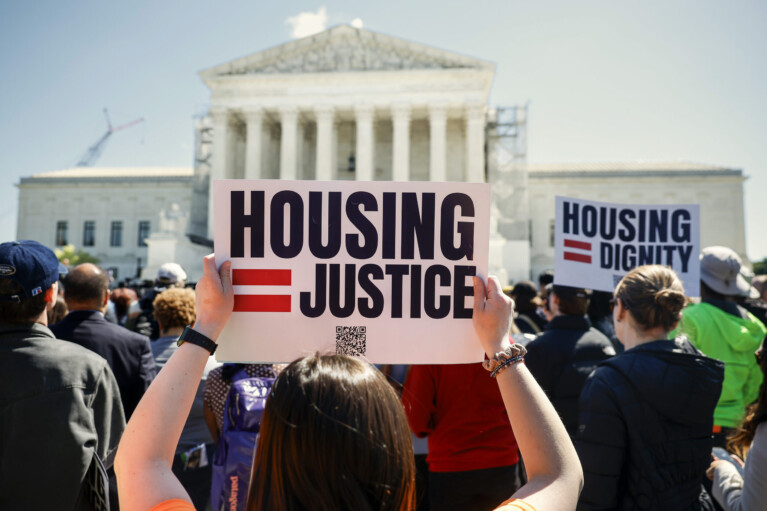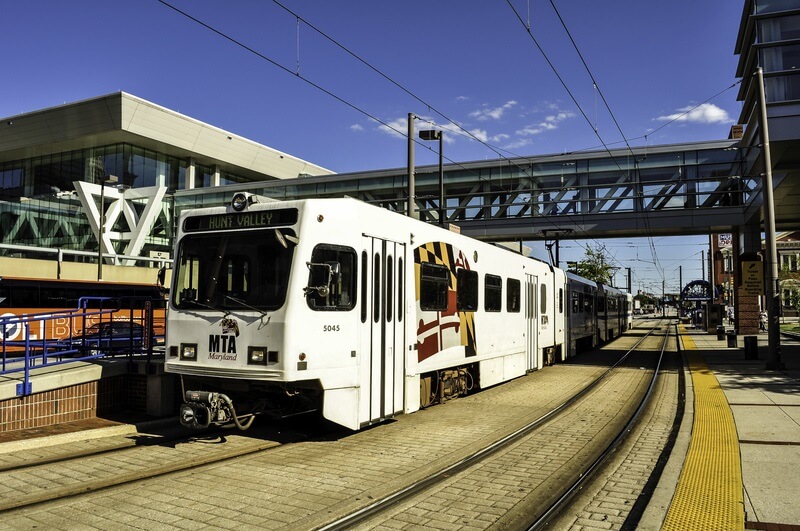
By Amanda Rodriguez
The writer is executive director of TurnAround, Inc., Maryland’s first provider of comprehensive services to adult and child survivors of human trafficking, and co-chair of the Legislative Subcommittee for the Maryland Human Trafficking Task Force.
Maryland has been trying to address the needs of child sex trafficking victims since at least 2007 when the Maryland Human Trafficking Task Force was established. Laws have since passed that define trafficking as a form of child abuse and that impose harsher penalties on traffickers. The Regional Navigator Program, established in 2019, now provides child trafficking victims immediate, specialized care in nearly every county. Yet, despite these advances, the state still has not passed Safe Harbor legislation to protect sex-trafficked children from being charged as prostitutes.
Currently, child victims of sex trafficking can be arrested, handcuffed, detained, and incarcerated for prostitution — a charge that blames them for the sexual abuse they’ve suffered. An adult survivor of child sex trafficking testified last month in support of Safe Harbor, revealing that after three years of being trafficked in College Park between the ages of 12 and 15, it was being arrested and handcuffed that was the most traumatizing. When we arrest a trafficked child for prostitution, we tell them that they deserved to be punished.
Selling a child for sex, known as sex trafficking, is a crime; being the child shouldn’t be. Safe Harbor legislation (House Bill 297/Senate Bill 292) recognizes these children as victims who have had a crime committed against them; that no child willingly participates in their own victimization; and that there is no such thing as a child prostitute under federal law. The House passed the bill unanimously and the grassroots Maryland Coalition for Safe Harbor has submitted more than 4,900 constituent letters in support. Still, the bill is stalled in the Senate Judicial Proceedings Committee. No vote has been scheduled and inaction threatens the bill.
Some senators have a hard time seeing sexually exploited kids as victims. Instead, they see prostitutes. They argue that Safe Harbor grants immunity for prostitution. This is the crux of the opposition, and it is wrong. Again, these kids are victims, not perpetrators.
Safe Harbor is long overdue in Maryland. New York passed the first Safe Harbor bill nearly 15 years ago and by now 38 states have Safe Harbor protections in place. In their 2022 annual report cards evaluating state protection laws for trafficked minors, Shared Hope International gave Maryland an F, placing it among the 14 worst states.
Maryland’s Regional Navigator Program, however, is a success. A well-established, well-researched, and proven policy, it provides effective care to child sex trafficking victims. Importantly, though, when a child victim is charged, they can’t access the resources. In other words, without a Safe Harbor law, Maryland criminalizes child trafficking victims, making them ineligible for an existing program specifically designed for them.
Without Safe Harbor, children have no legal protections and are unsafe revealing their trafficking. Safe Harbor will protect trafficked children from arrest and punishment. It will encourage these kids to disclose their trafficking and ensure their access to immediate care. Maryland state’s attorneys in all jurisdictions support the bill because children who are not afraid of law enforcement are more likely to help build cases against traffickers.
Prostitution isn’t the only criminal charge trafficked kids can face. Often, they enter the juvenile justice system for misdemeanor crimes they were forced to commit while trafficked. Children may be forced to hold drugs, for example. Some shoplift necessities their trafficker refuses to provide. Under Safe Harbor, children will not be charged with low-level crimes that result from being trafficked. A child in the juvenile justice system who is later identified as a trafficking victim will be transferred to the Regional Navigator Program and these charges will be dropped.
At TurnAround, we’ve served hundreds of child trafficking survivors. The right response to these kids is to acknowledge the trauma that’s been committed against them, not tell them they’ve done something wrong. But until Maryland passes a Safe Harbor law, the state can continue to treat abused children as criminals. Children won’t disclose their victimization, won’t receive the services they could, won’t aid in prosecuting traffickers, and won’t be forgiven for the crimes they were forced to commit. It’s time for Maryland to pass Safe Harbor. The Senate must act. Sex trafficked children are victims. They’re not guilty of anything.



